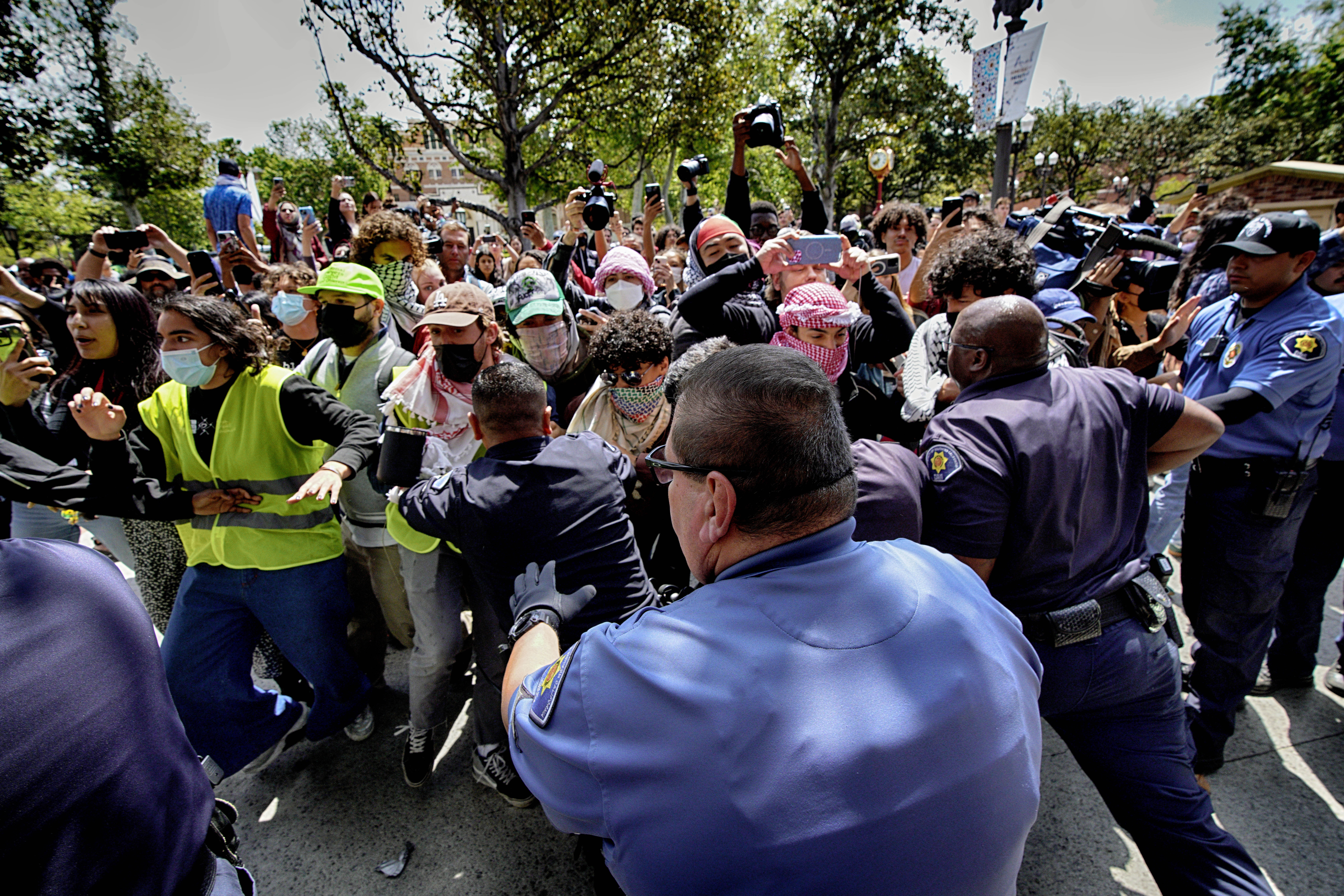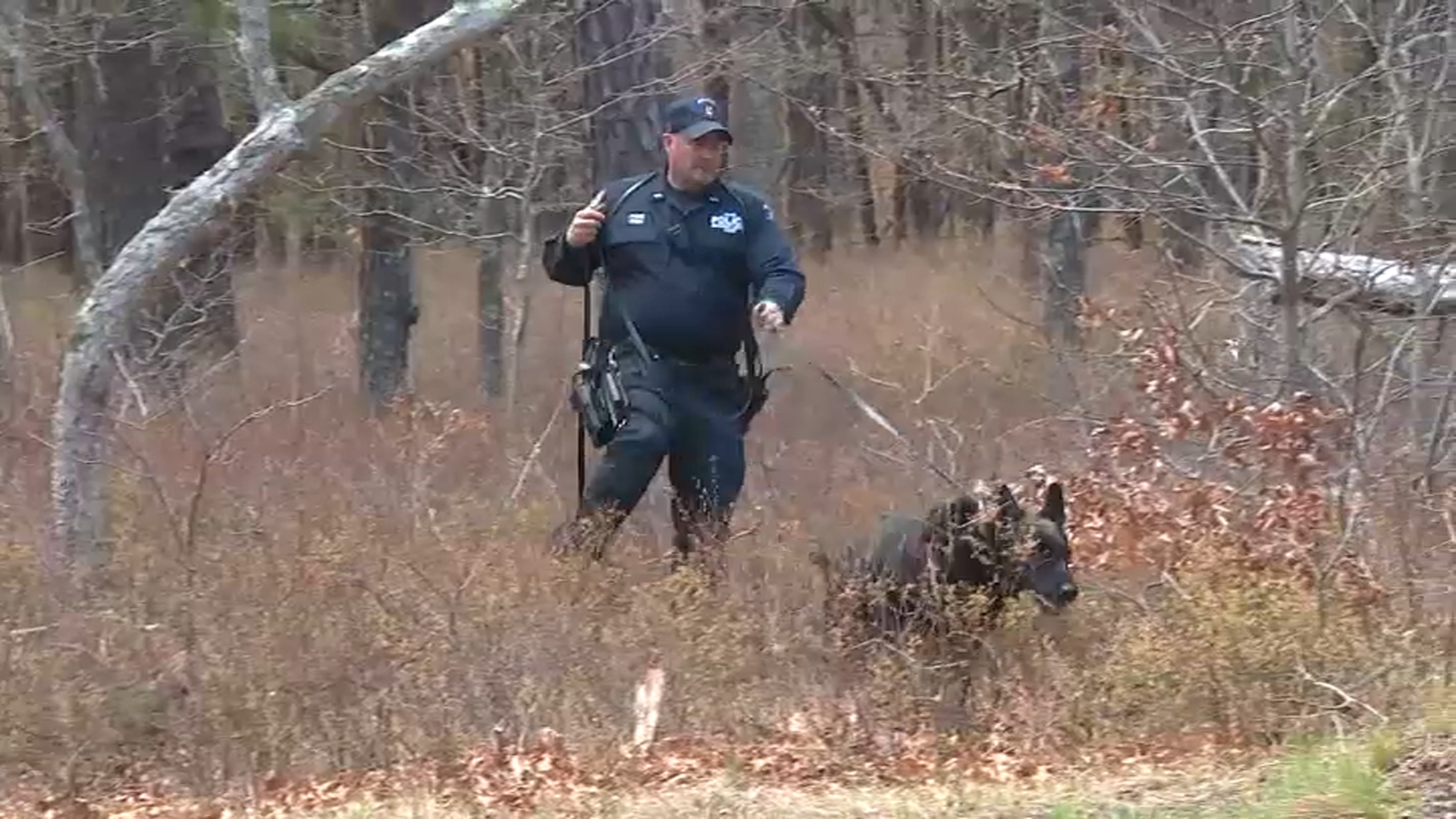What to Know
- Four individuals are facing charges for allegedly participating in a scheme that defrauded New York City’s COVID-19 Hotel Room Isolation Program of more than $400,000, prosecutors announced Tuesday.
- Due to the COVID-19 pandemic, New York City created the COVID-19 Hotel Room Isolation Program that provided free hotel rooms throughout New York City for up to 14 days for individuals who qualified.
- The federal government and New York City paid more than $400,000 for the hotel rooms that were fraudulently diverted as a result of the scheme, prosecutors said.
Four individuals are facing charges for allegedly participating in a scheme that defrauded New York City’s COVID-19 Hotel Room Isolation Program of more than $400,000, prosecutors announced Tuesday.
Chanette Lewis, 30 and from Brooklyn, Tatiana Banjamin, 26 and from Queens, Tatiana Daniel, 27 and from Brooklyn, and Heaven West, 21 and from Brooklyn, are all accused of participating in the fraud, Audrey Strauss, the United States Attorney for the Southern District of New York, Margaret Garnett, the Commissioner of the New York City Department of Investigation (DOI), and Jonathan Mellone, Special Agent-in-Charge of the New York Regional Office of the U.S. Department of Labor - Office of Inspector General (DOL-OIG) jointly announced. Prosecutors say that Lewis was also charged with a second COVID‑19 scheme involving unemployment benefits fraud.
Lewis and Daniel were arrested Tuesday in New York, meanwhile West was arrested in Atlanta. Benjamin remains at large, according to prosecutors.
Get Tri-state area news and weather forecasts to your inbox. Sign up for NBC New York newsletters.
Due to the COVID-19 pandemic, New York City created the COVID-19 Hotel Room Isolation Program that provided free hotel rooms throughout New York City for up to 14 days for individuals who qualified. The program was open to: healthcare workers who needed to isolate because of exposure to COVID-19; patients who tested positive for COVID-19; individuals who believed, based on symptoms, that they were infected with COVID-19 and had to quarantine; and those who lived with someone who had COVID-19. Those who wished to book a hotel room through this program could either call a phone number or use an online hotel booking platform.
According to court documents, the four individuals accused defrauded the program by allegedly securing free program hotel rooms for themselves by falsely claiming to be healthcare workers, and then selling these fraudulently obtained hotel rooms – including rooms located in Manhattan and the Bronx – to people who were ineligible for the program.
News
In total, the group collectively diverted more than 2,700 nights’ worth of hotel rooms through this scheme charging different amounts depending on the duration of the customers’ hotel stay, according to prosecutors, citing the complaint.
According to court documents, Lewis worked at a call center that handled phone calls and certain reservations for the program for several months in 2020 -- allowing her to have access to legitimate healthcare workers’ identifying information.
Prosecutors say, Lewis abused her position, including by misusing healthcare workers’ identifying information, revealing the program’s inner workings to co-conspirators, and making unauthorized sales of hotel rooms designated for the program's use to ineligible individuals.
Allegedly, Lewis sold to Benjamin personal identifying information of at least five healthcare professionals, as well as certain “codes” to use when booking hotel reservations through the program for $800. She admitted on Facebook to stealing doctors' identifying information in connection to the scheme, according to prosecutors. She also apparently advertised to potential customers that, when hotels asked for a healthcare worker’s identification, she would supply a purported paystub and a letter asserting that the individual was (purportedly) a healthcare worker.
Aside from Lewis, the rest of the accused also used Facebook to advertise the sale of the illegally obtained program hotel rooms; communicate with co-conspirators; and communicate directly with customers and made various incriminating statements via Facebook linked to the alleged scheme they were running.
According to prosecutors, Lewis worked directly with Benjamin and Daniel, while West worked with, among others, Daniel.
The federal government and New York City paid more than $400,000 for the hotel rooms that were fraudulently diverted as a result of the scheme, prosecutors said.
Lewis is also charged with a second COVID-19 scheme involving unemployment benefits fraud in which she is accused of fraudulently obtaining more than $45,000 in unemployment benefits by claiming that she had not been employed since February 2020 due to a lack of work because of the COVID-19 pandemic. In fact, however, she was employed for at least some of that period at the call center and her employment there stopped not because of the pandemic, but because she allegedly stopped showing up to work, prosecutors say.
In connection to this case, Lewis, is charged with: wire fraud, which carries a maximum sentence of 20 years if found guilty; wire fraud conspiracy, which also carries up to 20 years of imprisonment; honest services fraud, which also has a maximum potential sentence of 20 years if convicted; aggravated identity theft, which carries a mandatory minimum term of 2 years, consecutive to any other term of imprisonment; and theft of government funds, which carries a maximum 10 year sentence.
Benjamin faces a wire fraud charge, which carries a maximum sentence of 20 years if found guilty; a wire fraud conspiracy charge, which also carries up to 20 years of imprisonment; and an aggravated identity theft, which carries a mandatory minimum term of 2 years, consecutive to any other term of imprisonment.
Daniel and West each face a wire fraud charge, which carries a maximum sentence of 20 years if found guilty and a wire fraud conspiracy charge, which also carries up to 20 years of imprisonment.
Attorney information for the four was not immediately known.



